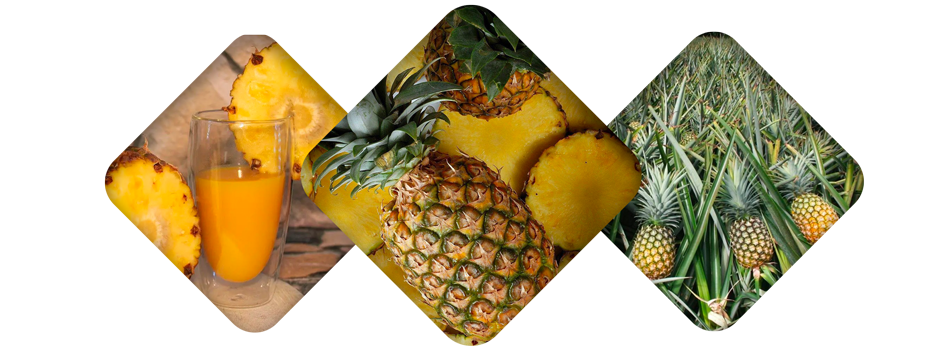
In 2019, the region has generated more than $66, 856, 000 in the exports of fresh pineapple, only to the European Union. During the last decade, the production of pineapple has considerably increased, moving from 2, 438, 717 tonnes in 2010 to 2, 950, 214 tonnes, which also lead to a higher rate of exports especially to the European Union (FAOSTAT, 2020). In 10 years, the production of pineapple has increased by more than 55, 000 tonnes. The upgrading of the pineapple value chain in the region will boost the contribution of the agricultural sector in many countries such as Benin, Côte d’Ivoire, Ghana, Guinea, Guinea-Bissau, Liberia, Nigeria and Togo.
Togo
Togo is one of Africa’s most densely populated countries. Togo’s economy is largely based on agriculture, which accounts for 40% of the national GDP and has kept increasing over the years. Two-thirds of the population who predominantly work on small landholdings depend on crop and livestock farming as a source of livelihood.
The project will target pineapple transformation as a value chain. This offers opportunities in terms of production and export of organic pineapple juice (over 6, 000 tonnes/year), biological dry pineapple (over 12, 000 tonnes/year) and about 1, 000 jobs creation.
The objective is to take advantage of opportunities to add value and migrate to new and higher-level activities along the value chain. This will give MSMEs, women, youths and other players in the food and processing industry an opportunity to grow.
Guinea Conakry
Guinea used to be one of the world’s top producers of pineapples, accounting for a large global export volume in the 1960s, before rapidly declining to practically no exports in the 2000s. The crop has great potential because of the strong demand for pineapples on both international and regional markets.
Farmers in Guinea largely engage in subsistence agriculture, growing crops on small plots of land to feed themselves and their families.
Reviving the pineapple sector requires a systemic approach. Next to a strengthened enabling environment, guaranteed off-takers and proper training that support the productivity of pineapple farmers and improvement of the value chain.
The objective of the project is to take advantage of opportunities to add value and migrate to new and higher-level activities along the value chain.







